As a student journalist new to everything about the process, I decided to set up a meeting with a Chico local throwing an event as my first big interview. I went in not expecting to condone the event; in fact, I thought that the event, which was a female-only competition, was quite outdated. So, going in, I prepared some hard-hitting questions that I thought covered all of my bases for what I, and the public, might have issues with.
The event recruiter gave me really good rebuttals for why the event was not only still relevant but also gave examples of women who competed in the event gaining positive experiences and skills.
I then drafted up a piece endorsing the event and published it proudly. With it being a competition, I even recommended our student body give it a shot. A few days after the article went live, I had a conversation with that original interviewee, who is running the event. We spoke off the record about a few things, and without giving any information away for journalistic integrity’s sake, I learned that the event was trans exclusionary.
Grappling with what to do
After being asked if I was okay with that, I politely responded that, yeah, I was still in, but as the day went on, I felt a huge weight on my chest. This isn’t the type of event I was comfortable supporting, and it came out of left field from something I was invested in for the next few months. I had requested time off for this from my job and RSVP’d as press—I couldn’t just cancel all those plans.
So many different ways to handle this situation popped into my head. Just ignore it? Nah, that would go against everything I believe in as a journalist. Write a disclaimer at the end of the article? Nah, the whole article was endorsing the event, so a disclaimer would mean nothing.
Cleaning discharged hospital rooms at work in silence for the next four hours, I finally came to my decision by the end of the day. I was going to take the article down and write an apology because I had indeed made a mistake.
We all have privileges and blind spots
As a gay cis man, I like to believe I can’t get it wrong. I was basically born to be empathetic to the plight of the LGBTQIA+ since I came out, right? I can’t mess that up. It seems like I’m constantly being reminded how much of an arrogant thought process that is. What classes explaining intersectionality will never fully prepare you for is that everyone has biases, and they will show themselves eventually.
The event I had originally endorsed was a female-only competition, and my blind spots on interview questions became much more apparent after this big mistake. I’ve decided that from now on, if I am ever to cover any type of event or competition, I will be making sure to ask questions about whether it would be considered a safe space for anyone who falls under the Queer umbrella. I want my readers to never attend anything I suggest only to realize they are unwanted there.
We all have privileges and blind spots
Queer Resource Center
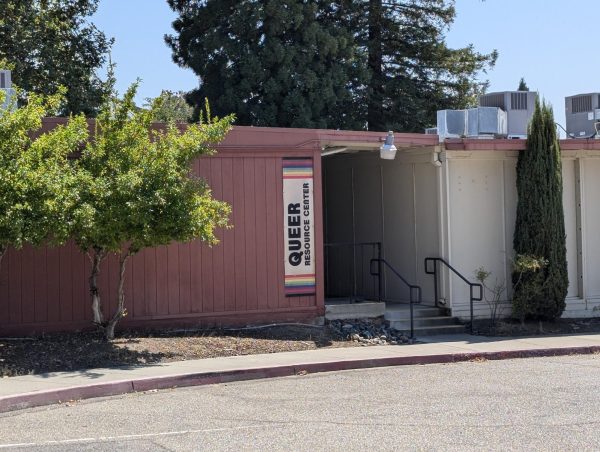
Author: Justin Stock, taken 8/29/24
If you ever feel like you need a place to go after experiencing something that really hurt pertaining to existing as a queer person, come retreat to a safe space full of people who you can build community and connections with, located on Butte College’s Main Campus in Orville.



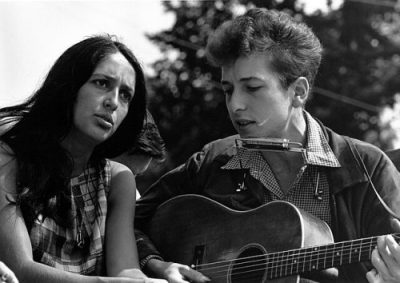
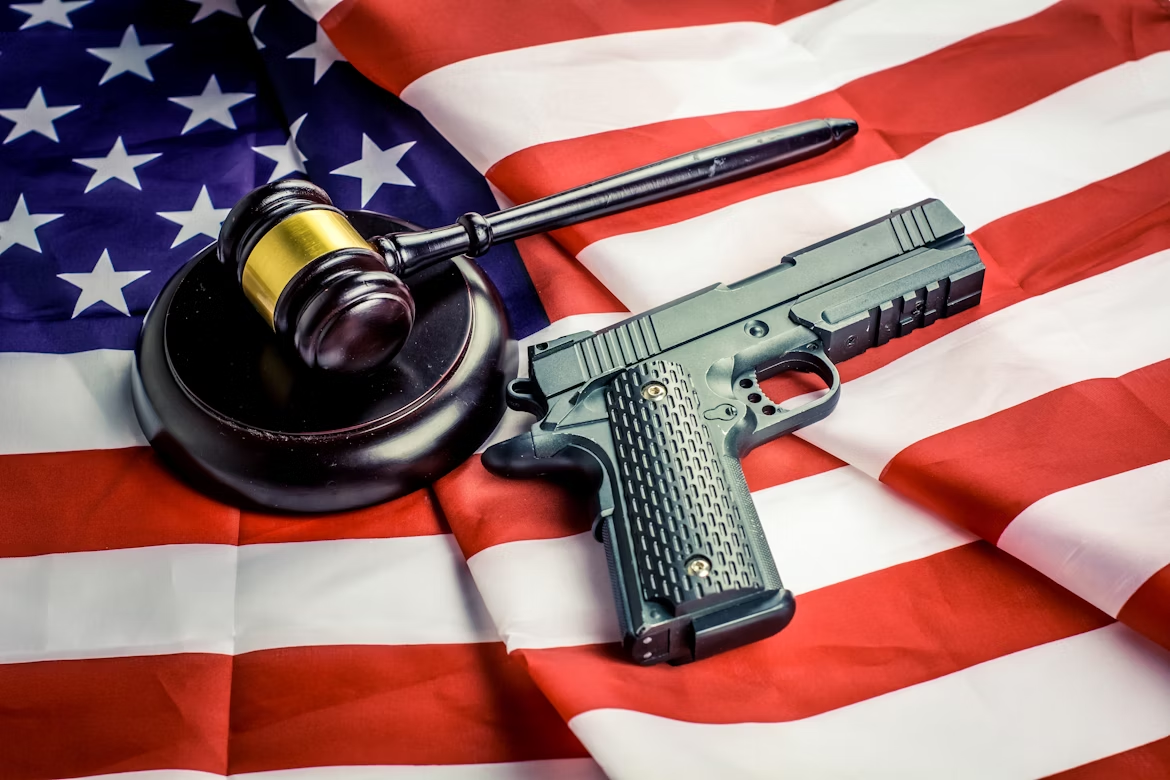
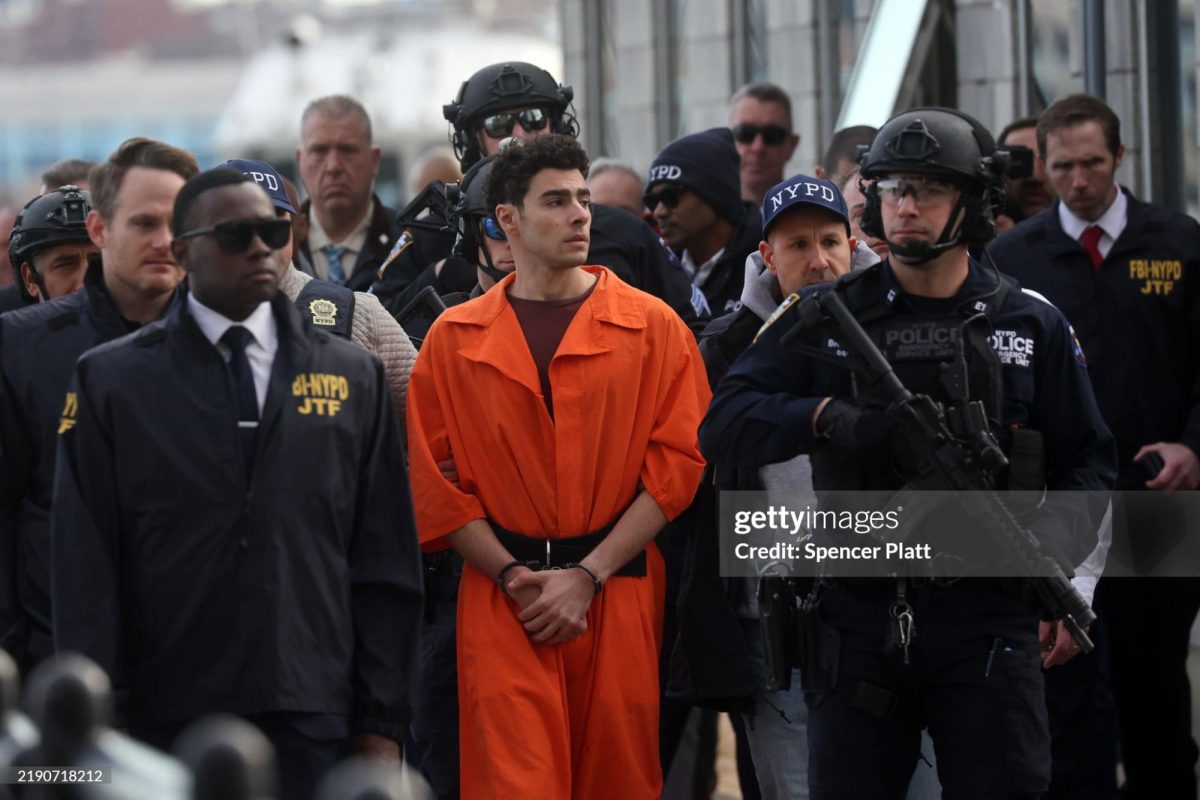
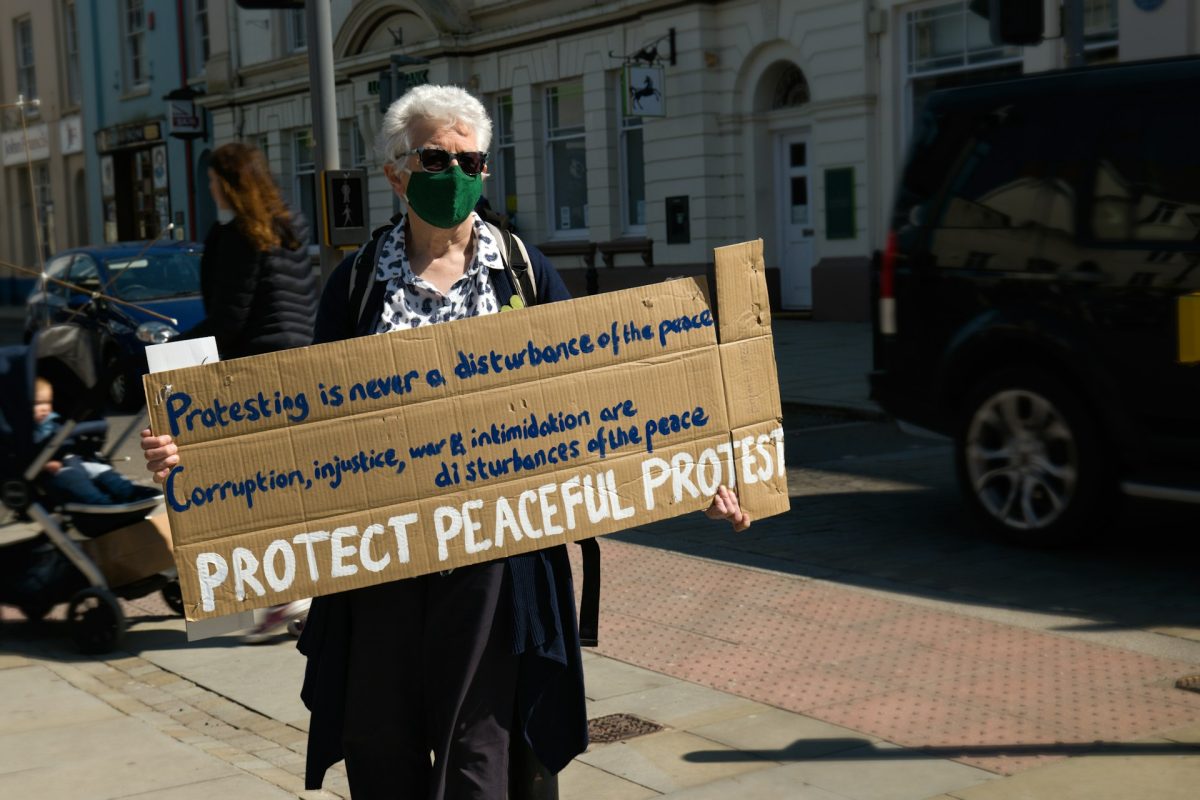
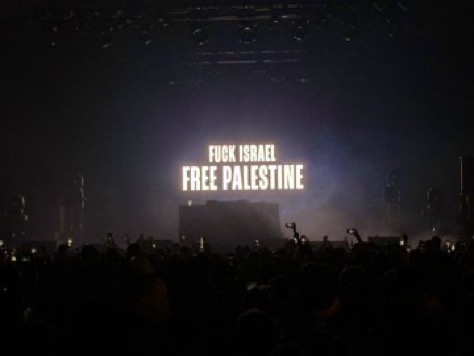
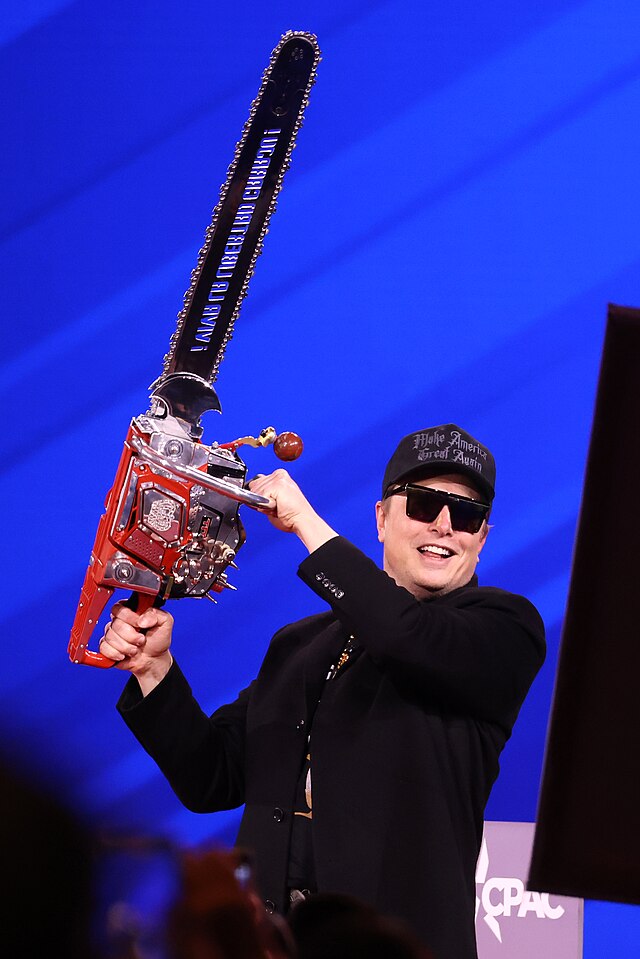
Cheyanne seawater • Oct 2, 2024 at 4:45 pm
I love the accountability and informative nature of this article! I really felt the moral values of the author and admire him for staying true to his morals! Great post.